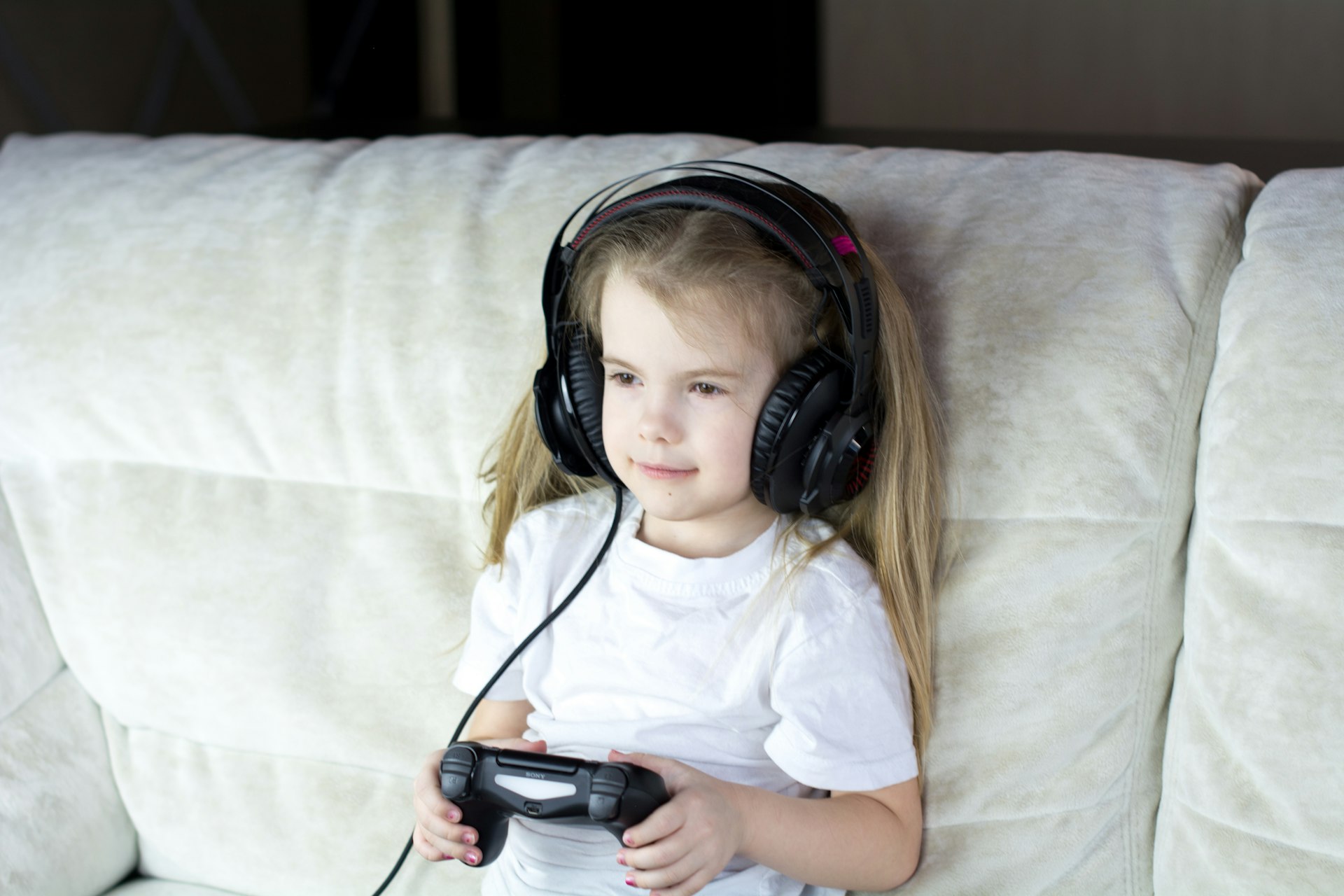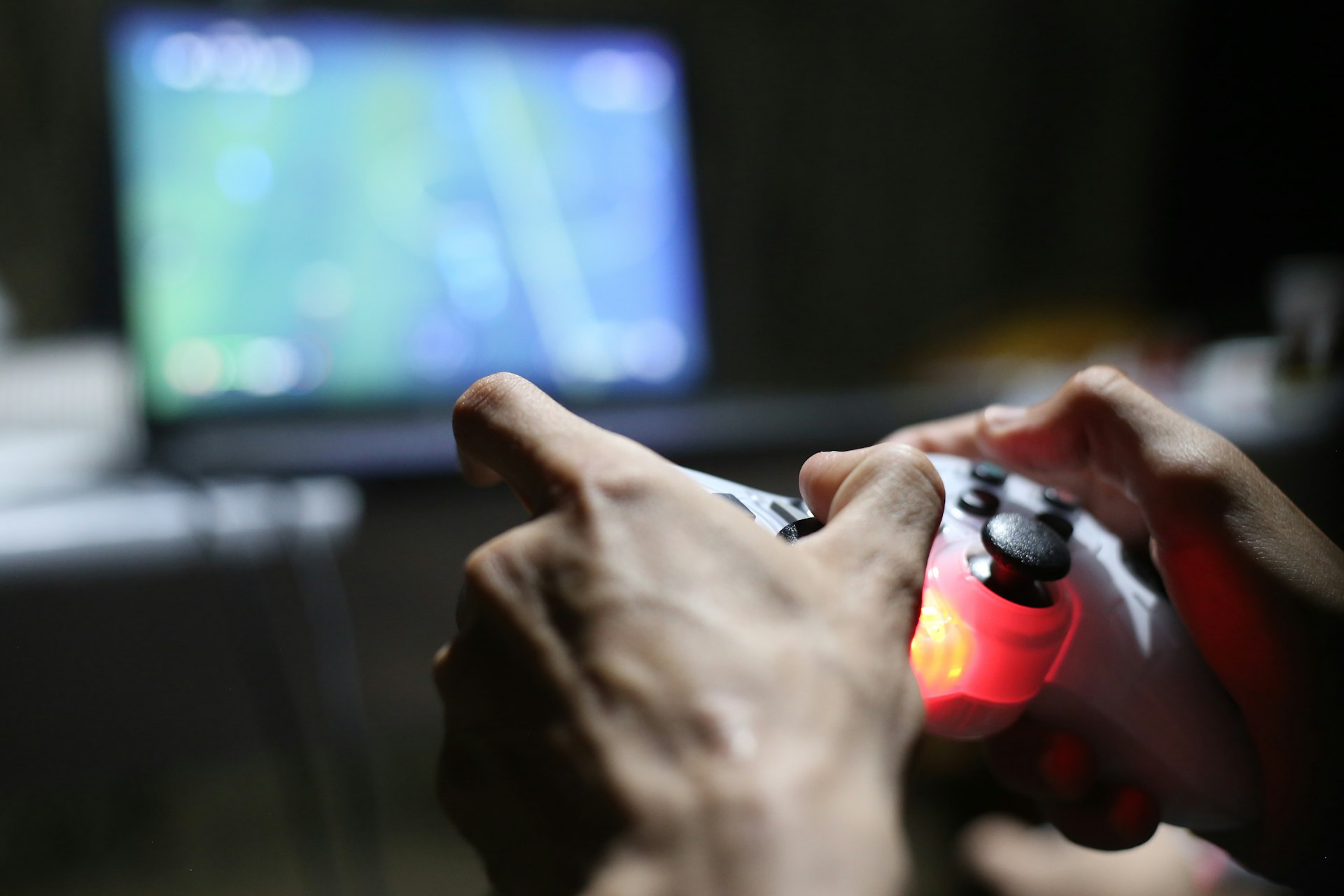Championing Mental Health Awareness Among Professional Athletes: Overcoming Stigma and Accessing Support

Photo by Quino Al on Unsplash
Introduction: The Hidden Battle Behind Athletic Excellence
Professional athletes are often admired for their strength, discipline, and achievements on the field, court, or track. Yet, beneath the surface, many face unique mental health challenges that can impact performance, longevity, and quality of life. Recent research highlights that up to 35% of elite athletes experience a mental health crisis -manifesting as stress, eating disorders, burnout, depression, or anxiety [2] . This reality underscores the urgent need for mental health awareness and support within the sports community.
Why Mental Health Matters in Professional Sports
While athletes are renowned for their physical prowess, mental resilience is equally critical to their success. The relentless pressure to perform, public scrutiny, and fear of injury or career setbacks can weigh heavily on even the most seasoned professionals [5] . A 2019 study confirmed that about 35% of elite athletes have mental health concerns , with burnout, depression, and anxiety being most prevalent [5] . These conditions, if left unrecognized or untreated, may lead to career disruptions, deteriorating physical health, or even tragic outcomes.
Key Mental Health Challenges for Athletes
Among professional athletes, some of the most common mental health issues include:
- Burnout : Chronic exhaustion from intense training and competition schedules.
- Depression : Persistent feelings of sadness or loss of interest, sometimes exacerbated by injury or career setbacks.
- Anxiety : Preoccupation with performance or fear of failure, often intensified by public and media expectations.
- Eating Disorders : Pressure to maintain specific weight or physique can lead to unhealthy eating behaviors.
These challenges are not limited to any particular sport, gender, or age group. For example, research in professional soccer found that the prevalence of mental health symptoms differed by player position and was higher among younger male athletes [1] . In another case, approximately 40% of injured soccer players surveyed wanted psychiatric support , but only 10% reported receiving it during their career [1] .
The Stigma Around Mental Health in Sports
Despite growing awareness, a significant stigma persists regarding mental health in the athletic community. Many athletes may hesitate to seek help, fearing it will be seen as a sign of weakness or jeopardize their careers. According to data, only 10% of college athletes with mental health conditions seek help , compared to 30% of the general student population [3] . This reluctance is compounded by concerns over privacy, potential negative impact on team dynamics, and a lack of tailored mental health services within sports organizations.
Real-World Examples: Breaking the Silence
Several high-profile athletes have helped destigmatize mental health by publicly sharing their struggles. Olympic swimmer Michael Phelps, NBA player Kevin Love, and professional volleyball player Victoria Garrick have all spoken about their battles with depression and anxiety, inspiring others to seek support [3] . Their stories demonstrate that seeking help is a sign of strength and that mental health is as vital as physical health for athletes.

Photo by Jadon Johnson on Unsplash
Accessing Mental Health Support: Practical Steps for Athletes
Raising awareness is only the first step; accessing effective support is equally important. Here is a detailed guide to finding mental health resources as a professional athlete:
- Utilize Team and League Resources: Many professional sports teams and leagues offer confidential access to sports psychologists or mental health professionals. Athletes should inquire with their healthcare or player development departments about available resources.
- Seek Out Licensed Mental Health Professionals: If in-house support is lacking, athletes can search for licensed psychologists, counselors, or therapists with experience in sports psychology. Consider contacting national organizations such as the American Psychological Association or searching for “sports psychologist near me” using reputable professional directories.
- Explore Peer Support Networks: Organizations like Athletes for Hope provide education, advocacy, and peer support for current and former athletes tackling mental health issues [3] .
- Learn to Recognize Warning Signs: Athletes, coaches, and support staff should be trained to recognize early signs of depression, anxiety, or burnout, such as withdrawal, sleep difficulties, or changes in eating habits [1] . Early intervention can prevent more serious consequences.
- Encourage Open Communication: Teams should foster an environment where mental health discussions are normalized and encouraged. Regular check-ins, workshops, and open forums can help break down barriers.
- Leverage Digital Tools: Mobile apps and telehealth platforms can provide discreet access to counseling and mental health education, especially important for athletes traveling or competing internationally.
For athletes who are unsure where to start, consider speaking first with a trusted medical professional, coach, or athletic trainer who can provide referrals. Additionally, researching “mental health support for athletes” on the websites of national sports associations or health organizations may yield local programs and resources.
Challenges and Solutions: Navigating Barriers to Care
Despite greater awareness, several barriers may impede athletes from accessing mental health care, including:
- Stigma: Fear of judgment or career repercussions remains a significant obstacle. Solution: Teams and leagues can actively promote mental health campaigns, highlight athlete testimonials, and ensure privacy for those seeking help.
- Lack of Specialized Services: Not all mental health professionals are trained in the unique needs of athletes. Solution: Seek practitioners with sports psychology credentials or experience working with elite performers.
- Resource Gaps: Some organizations, especially at the lower professional or semi-professional levels, may lack dedicated mental health staff. Solution: Leagues and governing bodies can partner with external mental health organizations to supplement services.
- Cultural and Language Barriers: International athletes may face additional challenges in accessing culturally relevant care. Solution: Multilingual and culturally competent mental health professionals can bridge this gap, and organizations should strive to provide resources in multiple languages.
Alternative Approaches and Preventive Strategies
Beyond traditional therapy, preventive strategies can play a crucial role in supporting athlete mental health:
- Resilience Training: Incorporating mindfulness, stress management, and coping skills into regular training can bolster mental fortitude.
- Peer Mentoring: Connecting younger athletes with experienced mentors can provide guidance and emotional support, reducing feelings of isolation.
- Regular Mental Health Screenings: Annual or biannual screenings can help detect issues early, especially during high-pressure periods such as playoffs or after injury.
Many sports organizations are integrating these practices into their athlete development programs, recognizing the long-term benefits for both performance and well-being.
Key Takeaways: Building a Culture of Mental Health Awareness
Professional athletes are not immune to mental health challenges-in fact, their unique pressures may increase susceptibility. Yet, with increased awareness, reduced stigma, and better access to support, athletes can thrive both on and off the field. Implementing comprehensive mental health programs, encouraging open dialogue, and providing actionable resources are vital steps toward safeguarding athlete well-being.
If you are a professional athlete seeking support, you can:
- Contact your team or league’s player development or health department for confidential mental health resources.
- Search for “sports psychologist” or “mental health support for athletes” via national psychology associations or reputable organizations.
- Connect with peer support groups and advocacy organizations such as Athletes for Hope or the American Psychological Association.
- Speak to your primary care physician or a trusted medical professional for referrals and guidance.
Remember, taking care of your mental health is a sign of strength-and help is available.
References
- [1] National Institutes of Health (2023). How Mental Health Affects Injury Risk and Outcomes in Athletes.
- [2] Athletes for Hope (2024). Athlete Mental Health Week | Thank You!
- [3] Athletes for Hope (2019). Mental Health and Athletes.
- [4] National Institutes of Health (2016). The Mental Health of Elite Athletes: A Narrative Systematic Review.
- [5] McLean Hospital (2024). Athletes and Mental Health: Pressure Behind the Performance.



